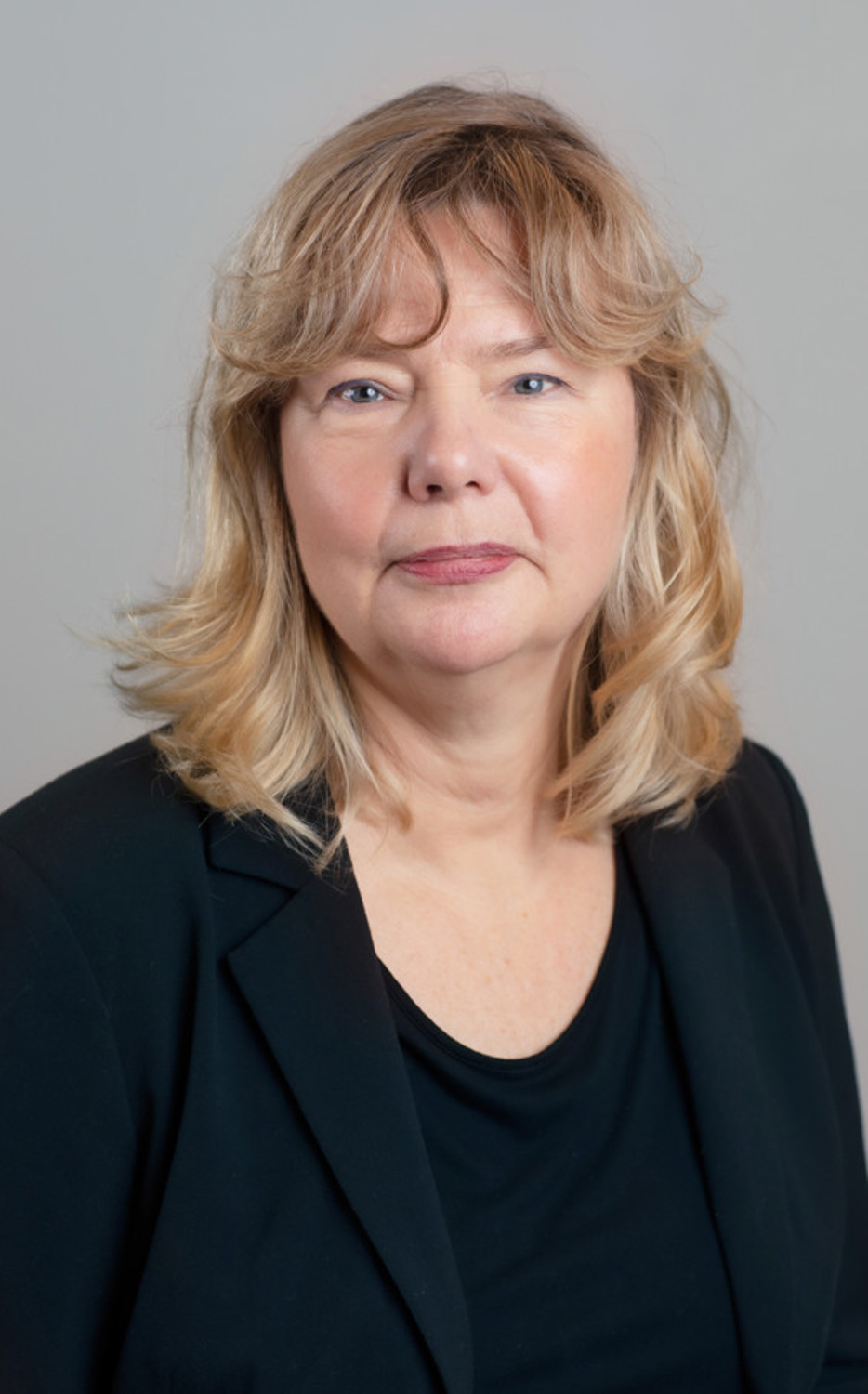Decision on new gender equality programme at the UN Climate Summit in Baku
Despite an overall disappointing outcome, the COP29 climate summit succeeded in agreeing on a ten-year gender equality programme, says Anna Collins Falk, one of Sweden's gender equality experts at the meeting.
From 11–22 November, the UN held the COP29 climate summit in Azerbaijan’s capital, Baku, to address climate change. This year’s meeting focused heavily on climate aid for countries hardest hit by climate change. However, the result was a weak target for climate financing and no progress on phasing out fossil fuels.
"This year’s climate summit was marked by difficult circumstances, and the host nation Azerbaijan faced heavy criticism. The agreement reached was a classic compromise where no one was fully satisfied," says Anna Collins Falk, International Coordinator at Sweden’s Gender Equality Agency.
Gender Equality a Permanent Fixture at Climate Summits

The Paris Agreement establishes that the transition to a sustainable climate must promote gender equality. At the 2017 climate summit, countries adopted the first gender action programme, which has since become a standing agenda item at every climate summit.
Each country appoints national focal points for gender equality. Anna Collins Falk was one of two Swedish national focal points, or coordinators, at COP29, providing expert support to Sweden’s and the EU’s preparations and delegations. National focal points from various countries convened in meetings and groups during COP29.
"Sweden took the initiative for a statement on gender equality and the importance of gender mainstreaming, urging ambitious commitments in the field. Several states backed this statement. The event was held in the Scandinavian Pavilion early in the COP meeting," says Anna Collins Falk.
Widespread resistance to gender equality
As the current gender action programme expires in 2025, COP29 negotiations sought to establish a new programme.
"The negotiations were highly challenging. Several countries opposed language on gender and intersectional perspectives, while many developing countries primarily emphasised the need for funding to implement measures. Ultimately, the agreed text represents no real progress," says Anna Collins Falk.
She expresses concern over the global resistance faced by women and marginalised groups, noting that progress on gender equality is regressing in many areas.
"Resistance from countries like the Vatican, Russia, Egypt, and Saudi Arabia shows that global opposition to gender equality is also influencing climate negotiations. Thanks to support from several countries, including Sweden, the EU, Latin American nations, and strong civil society engagement, this resistance did not gain full traction."
Next steps: A gender action plan
The revised gender equality programme aims to strengthen women’s rights and gender equality within climate efforts. This includes encouraging countries to integrate gender equality into their policies and to collect gender- and age-disaggregated data.
Next year’s climate summit in Brazil will develop the agreed gender equality programme into a concrete Gender Action Plan (GAP).
"It is therefore crucial to ensure that the plan is more ambitious and robust than the current programme text," says Anna Collins Falk.
Read more
Publication date: 3 December 2024
Last updated: 13 December 2024
